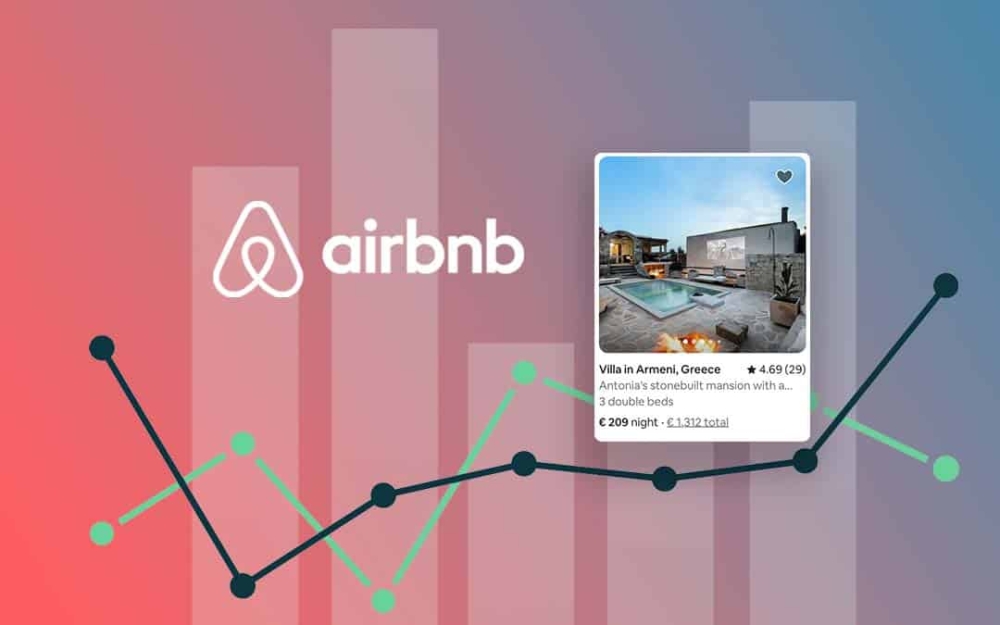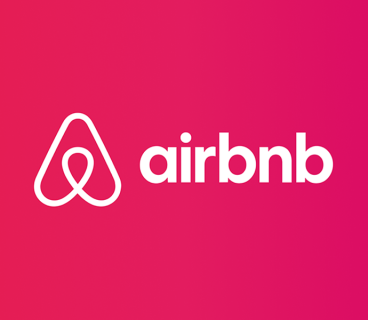A major industry conference held in San Francisco had filled every hotel in the city. This created an opportunity for two young designer friends, Brian Chesky and Joe Gebbia, who couldn’t afford the rent. They decided to rent out the empty space in their apartment to conference attendees. They bought just three air mattresses, hosted guests, and offered them breakfast.
This simple step laid the foundation for what would later become Airbnb, a company that was more than just a way to make money — it was a new philosophy of bringing strangers together, sharing stories, and opening people’s homes.
Airbnb’s early years were full of rejections. Many investors, including Paul Graham, the famous founder of Y Combinator, called the idea “incredibly stupid.” Others wondered, “Who would want to stay in a stranger’s home?” and doubted the idea would ever succeed. The giants of the hotel industry didn’t see this small startup as a competitor because they didn’t believe it would grow.
However, for Brian, Joe, and their partner Nathan Blecharczyk, this was more than just business — it was a mission. They believed people were tired of standard, boring hotel rooms. Travelers wanted to experience local culture and real life. Airbnb filled this gap by allowing people to earn income by renting out their homes and giving travelers unique and memorable experiences.
But Airbnb’s story was not always smooth. One of the darkest moments came in 2011, when a host’s property was vandalized and robbed by guests. The incident caused a major public and media uproar. People understandably questioned, “Who would let a stranger into their home?” This event shook Airbnb’s credibility because at that time, the company had no insurance mechanism for such cases.
Following this serious crisis, Brian Chesky personally apologized and introduced the “Host Guarantee” program, which promised to insure hosts’ properties for up to one million dollars.
Yet, crime was not the only challenge Airbnb faced. As the company grew, new problems emerged in some large cities related to the housing market. Municipalities pointed out that renting homes to tourists for short periods reduced the availability of long-term rental properties, driving rent prices sharply upward. Cities like New York, Paris, and Berlin responded by passing laws restricting Airbnb’s activities. To address these issues, Airbnb began collaborating with governments, sharing data, and allowing each city to set its own rules. This helped the platform integrate better with local communities.
Another challenge Airbnb encountered was accusations of racial and ethnic discrimination among its users. Many, especially Black people, claimed they were rejected by hosts based on their race. Social media campaigns under the hashtag #AirbnbWhileBlack gained widespread attention. This was contrary to Airbnb’s values. To combat the problem, the company implemented stricter anti-discrimination policies on the platform, altered profile visibility, and monitored hosts’ acceptance and rejection of bookings. This was an important step showing that Airbnb is not just a business but also a socially responsible company. They aimed to create a fairer and more inclusive environment on their platform.
Today, Airbnb is not just a startup but a giant that has transformed the global travel industry. Millions of hosts and guests trust the platform. Their story is a clear example of how a simple idea, despite many challenges, turned into a successful business. Brian Chesky said in an interview, “If people think your idea is weird, you’re on the right track.” Airbnb’s story is the best proof of that quote.







